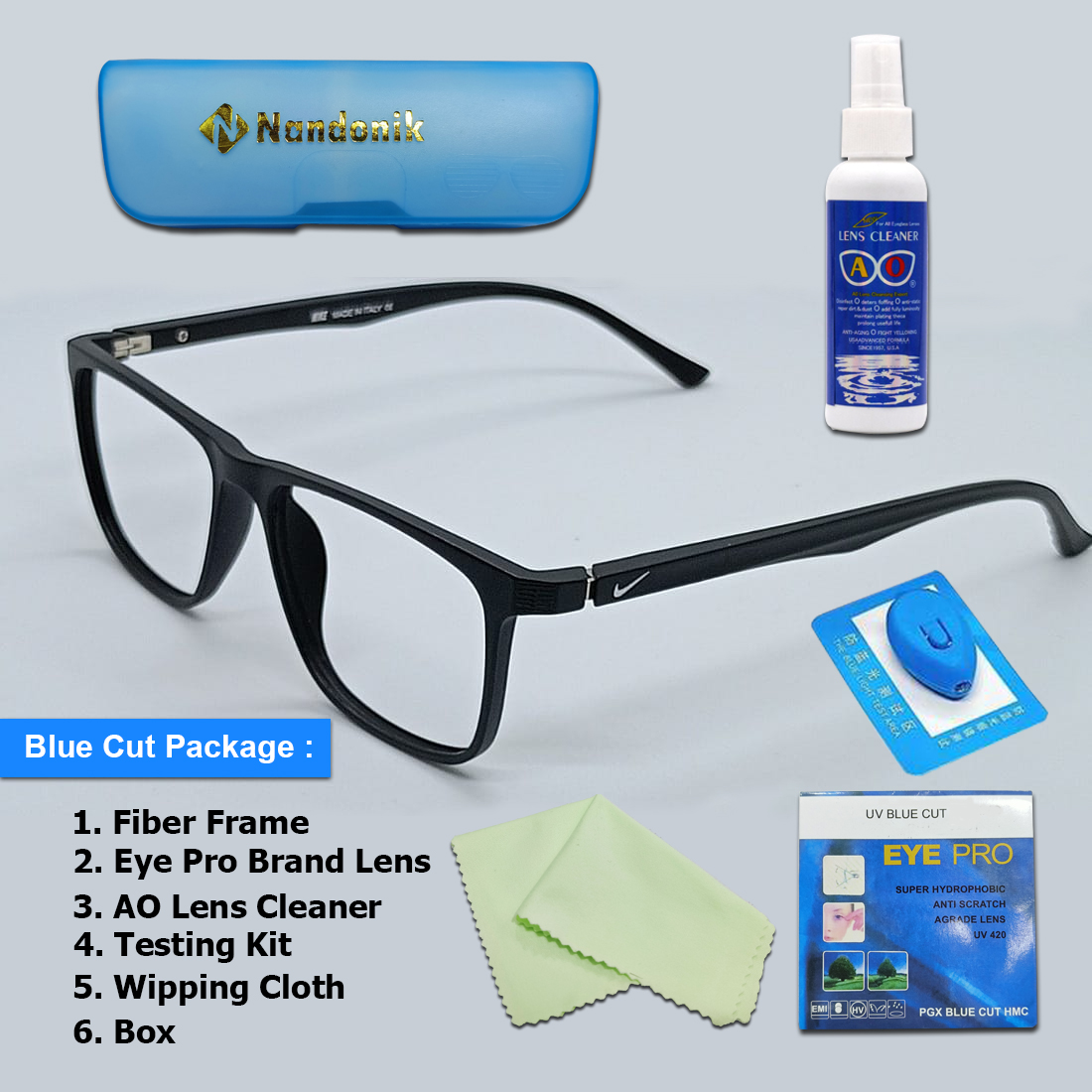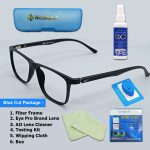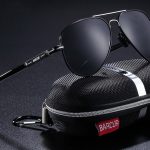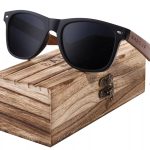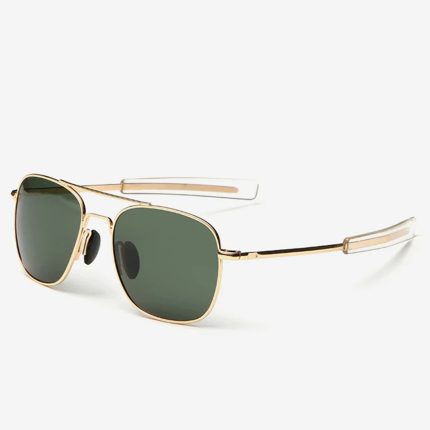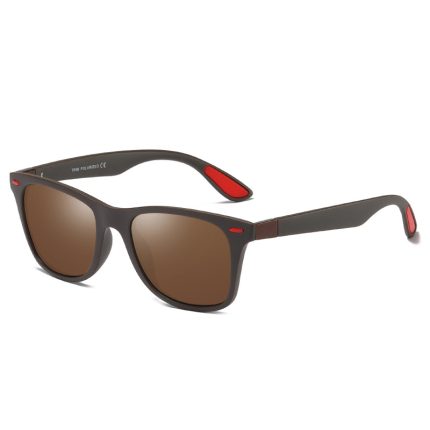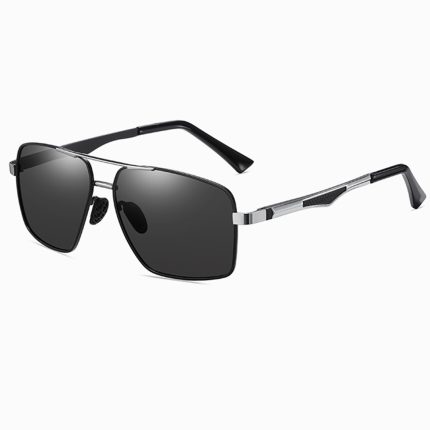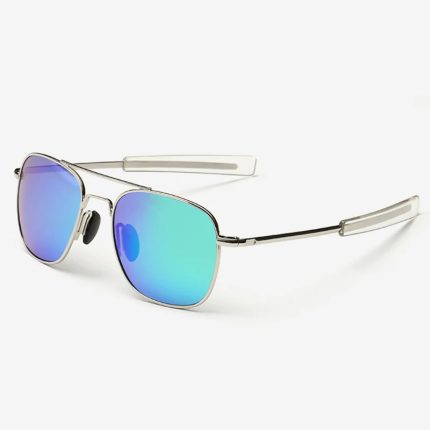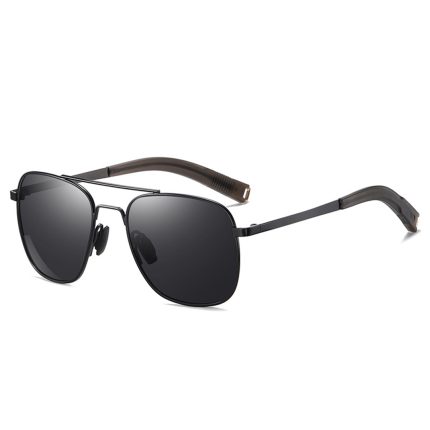In today’s digital world, we spend more time than ever staring at screens — computers, smartphones, tablets, and TVs. While technology brings convenience and connectivity, it also exposes our eyes to harmful blue light. Anti-blue light glasses have emerged as a simple yet effective solution to protect our eyes from digital strain. But what exactly are they, and do they really work?
What Is Blue Light?
Blue light is a high-energy visible (HEV) light that comes from both natural and artificial sources. While the sun is the biggest source, digital devices also emit blue light, especially in short wavelengths. Overexposure to this type of light can cause several problems, especially when experienced during nighttime.
Common Problems Caused by Blue Light Exposure
- Digital Eye Strain
Spending hours on screens can lead to tired, dry, or irritated eyes. This is often referred to as Computer Vision Syndrome (CVS). - Sleep Disruption
Blue light affects melatonin production, the hormone that regulates sleep. Using screens late at night can interfere with falling asleep and the quality of rest. - Headaches and Fatigue
Constant exposure to blue light can trigger headaches and increase mental fatigue.
What Are Anti-Blue Light Glasses?
Anti-blue light glasses are specially coated eyewear designed to filter or block a portion of the blue light emitted by screens. They typically have a slightly yellow tint or a clear coating that reduces glare and improves visual comfort.
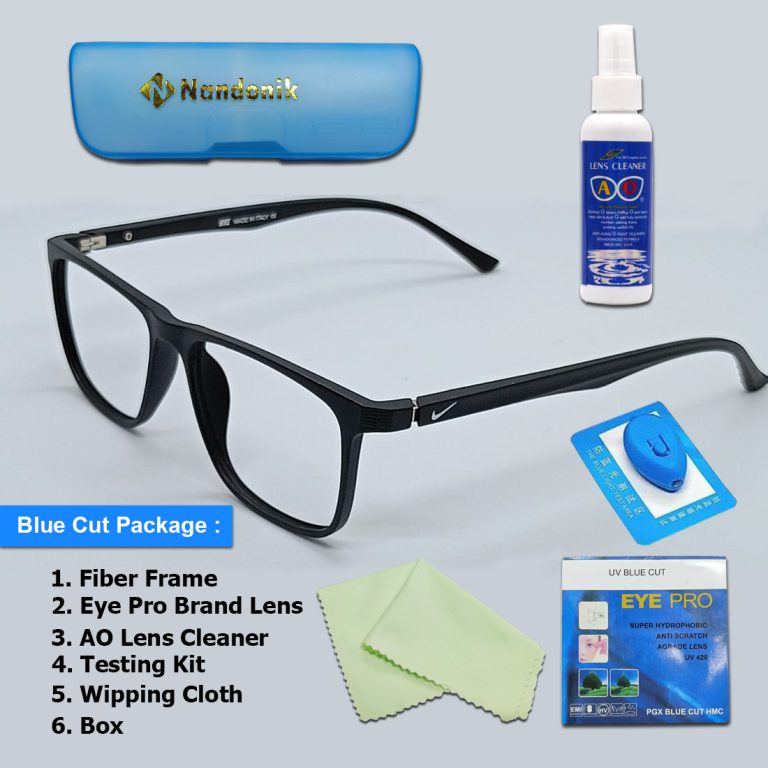
Benefits of Anti-Blue Light Glasses
- Reduced Eye Strain: Helps alleviate dryness, irritation, and blurry vision from long screen sessions.
- Better Sleep: By blocking blue light in the evening, these glasses help maintain a healthy sleep-wake cycle.
- Improved Focus: Less strain means better productivity and concentration, especially for those who work on computers all day.
- Protection Against Long-Term Damage: While research is still ongoing, some studies suggest blue light may contribute to retina damage over time.
Who Should Use Anti-Blue Light Glasses?
These glasses are especially useful for:
- Office workers who spend long hours in front of screens.
- Students engaged in online learning.
- Gamers and streamers.
- Anyone experiencing sleep problems related to screen use.
Tips for Choosing the Right Pair
- Look for lenses with verified blue light blocking technology.
- Choose lightweight and comfortable frames for all-day wear.
- If you need vision correction, opt for prescription anti-blue light lenses.
- Consider getting an anti-glare coating to enhance clarity.
Final Thoughts
While anti-blue light glasses aren’t a cure-all, they are a practical tool to reduce discomfort caused by modern screen habits. Combined with healthy screen practices — such as the 20-20-20 rule (every 20 minutes, look at something 20 feet away for 20 seconds) — they can make a noticeable difference in eye health and overall well-being.
In a world where screens are here to stay, taking proactive steps to protect your vision is not just smart — it’s essential.

